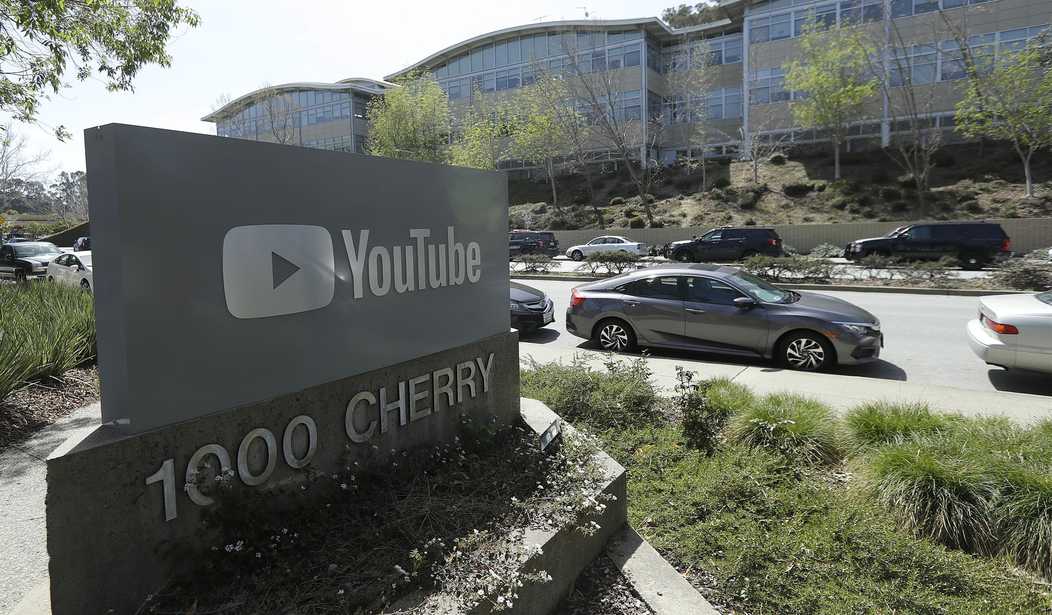“Fascism should more appropriately be called Corporatism because it is a merger of state and corporate power.”
― Benito Mussolini
I recently covered at PJ Media the RFK Jr. vs. Google and its subsidiary, YouTube, lawsuit over Google’s censorship of an active presidential candidate in the middle of primary season.
In a statement released earlier this month, Kennedy’s campaign said, “Google worked with the federal government to develop and enforce ‘misinformation’ policies to censor the government’s political opponents, including Kennedy, who is running against President Biden in the Democratic primary. Such actions violate the First Amendment when, as here, they result from a public-private partnership that relies on government sources.”
In a recent development in the case, a federal judge has rejected a request by Kennedy’s legal team to issue a temporary injunction against Google that would prevent it from censoring him at least until the case is resolved.
Via The Hill:
A federal judge on Wednesday rejected a request from Democratic presidential candidate Robert F. Kennedy Jr. to temporarily bar Google from removing videos of him from YouTube based on its medical misinformation policies.
U.S. District Judge Trina Thompson found that Kennedy’s case against Google and its subsidiary YouTube is unlikely to succeed because the companies are not state actors and, as a result, can’t be held responsible for abridging his speech.
Related: YouTube Adopts WHO ‘Medical Misinformation’ Censorship Regime
The Cato Institute and Ayn Rand fans, who represent a sizeable contingent of the American right and have long set its consensus ideology, oppose censorship and other civil liberties violations when done explicitly by the state, but unfortunately shrug their shoulders and fall back on the line that “it’s a private company” when corporations do it.
A family-owned landscaping LLC is a private company. In practice, Google is not a private company except in legal fiction. There are many proofs of this, including lucrative government contracts doled out to Google by the surveillance state as well as the inherent threat that the government always carries in its back pocket to revoke precious Section 230 protections should Google not cooperate with its censorship regime.
The blurring of public-private lines is increasingly obvious to anyone not totally ideologically brainwashed or, of course, to Democrats who will happily toss away their professed principles out of political expediency. As long as it’s RFK Jr. being silenced and not Nancy Pelosi, it’s all golden to them.
I have previously elaborated elsewhere on the distinction between corporate libertarianism and libertarian libertarianism.










Join the conversation as a VIP Member